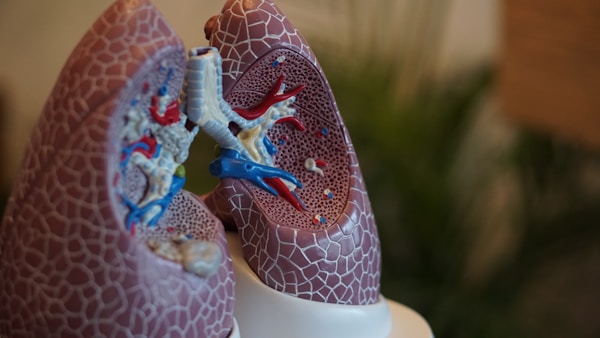Alcohol poisoning is a serious and potentially life-threatening condition. It occurs when someone consumes a large amount of alcohol in a short period of time. The body is unable to process the large amount of alcohol and becomes overwhelmed. This can lead to severe health risks, including coma, permanent brain damage, and even death. It is important to recognize the most common alcohol poisoning symptoms in order to prevent serious health complications.
Symptoms and signs of alcohol poisoning can range from mild to severe and can come on quickly. The most common signs of alcohol poisoning include vomiting, confusion, slow or irregular breathing, pale or blue skin, and seizures.
Vomiting

Vomiting is one of the most common symptoms and signs of alcohol poisoning. It is the body’s way of trying to rid itself of the excess alcohol. This can occur suddenly and without warning and can become severe if it is not treated promptly.
Confusion
Confusion is another common sign and symptom of alcohol poisoning. People who are experiencing confusion may be unable to think clearly or remember events and may be disoriented. They may also experience periods of confusion and forgetfulness.
Slow or Irregular Breathing

Slow or irregular breathing is a serious sign and symptom of alcohol poisoning. People who are experiencing this may be breathing more slowly than usual or may even stop breathing altogether. This can be a sign of a dangerous condition known as hypoxia, which is when the body is deprived of oxygen.
Pale or Blue Skin
Pale or blue skin is another sign and symptom of alcohol poisoning. This can occur when the body is not getting enough oxygen, and can be a sign of serious medical distress. It is important to seek medical attention immediately if someone’s skin appears to be pale or blue.
Seizures
Seizures can also occur as a result of alcohol poisoning. They can be mild or severe and can cause the person to shake, jerk, or even lose consciousness. They can also be a sign of hypoxia and can be life-threatening if not treated promptly.
It is important to be aware of other signs of alcohol poisoning, such as extreme drowsiness, confusion, stupor, and unconsciousness. If any of these symptoms are present, it is important to seek medical attention immediately. Alcohol poisoning can be fatal, so it is important to act quickly and get help as soon as possible.
If you know someone who has been drinking heavily, it is important to look for signs of alcohol poisoning. Be aware of how much they have been drinking, how quickly they are drinking, and how long they have been drinking. If the person is exhibiting any of the signs and symptoms of alcohol poisoning, it is important to get them medical attention as soon as possible.
Preventing Alcohol Poisoning
In addition to recognizing the signs and symptoms of alcohol poisoning, it is also important to take steps to prevent it from occurring. This includes limiting the amount of alcohol consumed, drinking only in moderation, and avoiding binge drinking. If you are concerned about someone you know, it is important to talk to them about their drinking habits and seek help if necessary.
If you are concerned about someone you know, it is important to talk to them about their drinking habits and seek help if necessary. There are a variety of resources available to help individuals struggling with alcohol abuse, including support groups, therapy, and treatment programs.
Alcohol poisoning is a serious condition that can have serious consequences. It is important to be aware of the signs and symptoms of alcohol poisoning and take steps to prevent it from occurring. If you suspect that someone has alcohol poisoning, it is important to get them medical attention as soon as possible. Don’t hesitate to seek help if you need it.


